Banana waste is crushed and composted with native microorganisms to become organic fertilizer for banana plants. Mr. Ly Minh Hung, Director of Thanh Binh Cooperative ( Dong Nai ), said that this method helps save about 30-45% of input fertilizer costs for the unit. If converted into money, 1 banana crop year (10 months) will save about 35 million VND/ha. With a total banana growing area of 300ha, this cooperative saves 10.5 billion VND/crop year.
However, the value is not measured in specific money. When the cooperative uses organic fertilizer, it helps improve the soil in the long term, maintaining moisture and humus in the soil. Using waste from banana trees as fertilizer creates a closed ecological cycle, making the soil fertile and the bananas sweeter. The cooperative has converted 2-3 years ago. This is the goal of sustainable agriculture , not just short-term profits.
With a banana growing area of 120 hectares in Long An, “banana king” Vo Quan Huy also revealed that the amount of money saved after 10 years of applying circular economy is huge. Because, organic fertilizer products on the market have a higher selling price than homemade compost. In addition, the quality of the soil has improved significantly over the past 10 years.
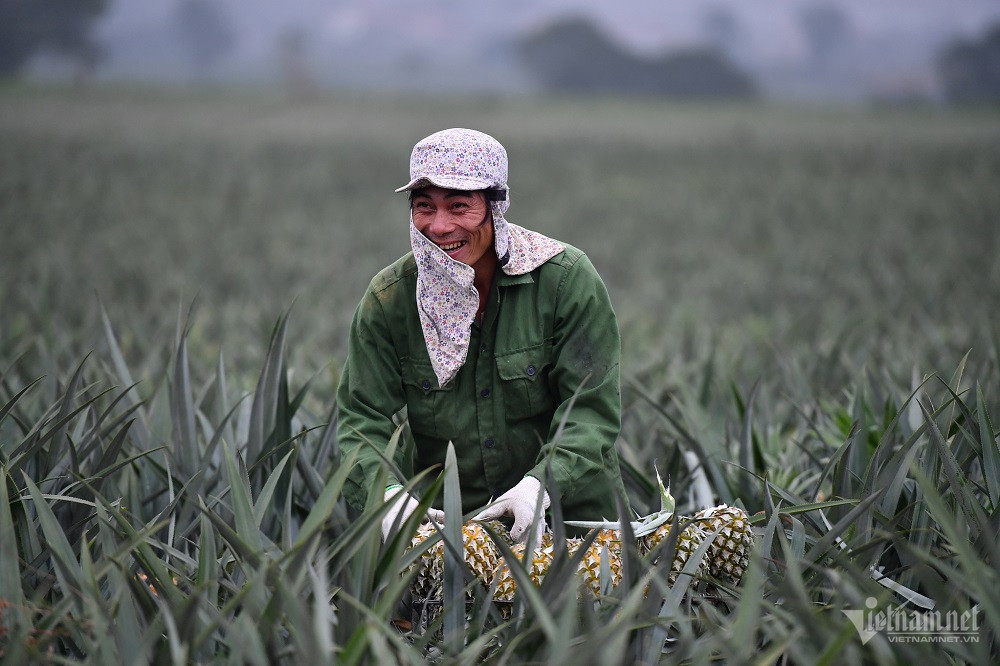
Applying circular agricultural economics to the entire production chain, Mr. Nguyen Van Thu, Chairman of GC Food, informed that businesses can reduce costs by 20-30% on organic fertilizers and microbiological preparations. Waste from this sector is added to the next stage.
For example, during the production of aloe vera, a lot of aloe vera peels are discarded. Therefore, the company combines composting that waste with dry cow manure available on the farm to create organic microbial fertilizer, used to fertilize crops, also known as aloe vera cow manure. The amount of aloe vera cow manure is reused for the company's own aloe vera, grape, apple, and guava gardens. After testing, the quality of the finished fruit has increased.
The company's philosophy of "safe food, happy life" could not be realized in 1-2 days but 5-6 years ago. When the company started participating in farming, it controlled the whole process with technology, built a Big Data system to dataize all information from sowing to harvesting, so that consumers can trace the origin of food.
Because of the safe farming approach, the company's agricultural products are seasonal, the yield is not too high, and many factors make the product price higher than the general market level. However, Mr. Thu said that today's consumers have high demands on the quality of goods. They want clean, healthy food and are willing to pay higher prices. Organic agriculture will be the key to helping businesses reach domestic customers and expand into international markets.
A report on consumer behavior and trends published by the Association of High-Quality Vietnamese Goods Enterprises in March 2023 also showed that clean, safe food that has been verified to meet quality standards or is certified organic is being prioritized by many families. Consumers are willing to spend more money to buy food and drinks with ingredients that are guaranteed to be "green" and "clean".
Specifically, for the food and beverage industry, 55% of consumers choose the safety and hygiene factor as the top priority; similarly, for the cosmetics and hygiene product industry, 66% of consumers also choose the safety factor.
According to Mr. Ly Minh Hung, partners from Japan and Korea are increasingly looking to buy bananas from the cooperative. These customers are very interested in the organic nature of agriculture and the pH of the soil. They ask specifically about watering and fertilizing methods.
“The style of food consumption is very different now, customers do not place too much emphasis on commercialism. They prioritize sustainable development, community responsibility, and social security. They even care about whether banana cooperatives can help improve the lives of local farmers,” Mr. Hung added.

Source



![[Photo] Prime Minister Pham Minh Chinh attends the event "Digital transformation of the banking industry by 2025"](https://vphoto.vietnam.vn/thumb/1200x675/vietnam/resource/IMAGE/2025/5/29/0e34cc7261d74e26b7f87cadff763eae)


![[Photo] Prime Minister Pham Minh Chinh receives leaders of Excelerate Energy Group](https://vphoto.vietnam.vn/thumb/1200x675/vietnam/resource/IMAGE/2025/5/29/c1fbe073230443d0a5aae0bc264d07fe)








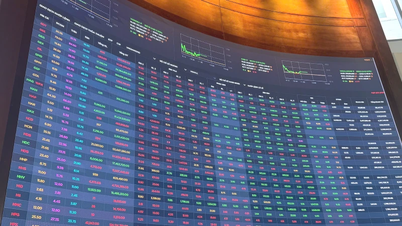

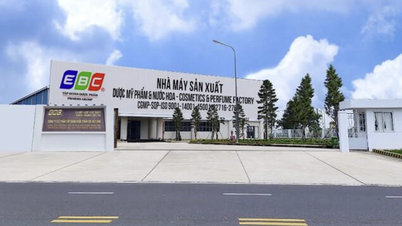





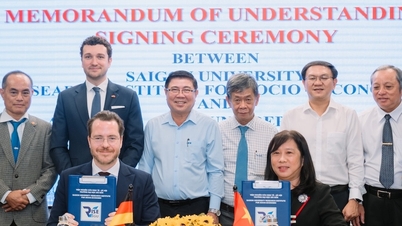































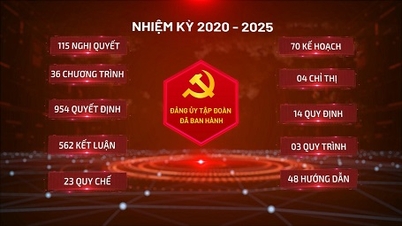






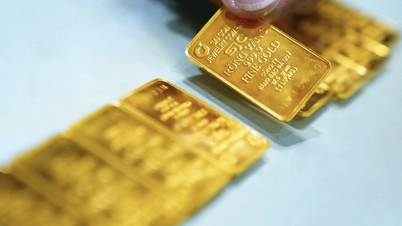










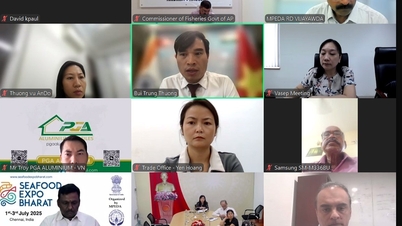





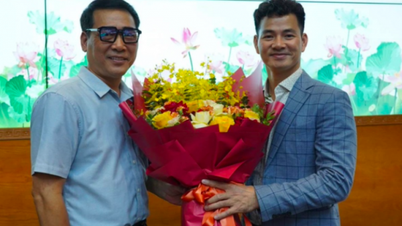

















Comment (0)